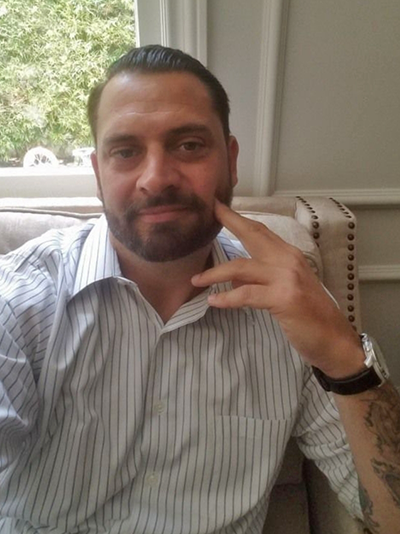Timothy Malone is a formerly incarcerated scholar who spent eight years inside of various California carceral sites. Upon release, he earned his Ph.D. from Claremont Graduate University in Cultural Studies. His monograph, The Carceral Death Machine: Savagery, Contagion and Sacrifice in the Contemporary Prison argues that the primary punishments any inmate is subjected to within the carceral thresher exceed what they were sentenced to endure by the court. Taken together, these extra-juridical punishments have subsumed the carceral interior and co-constitute a thanatopolitical machinery of state-organized violence that is delegated to inmates and is therefore disavowed by the carceral state. Through its foundational logics then, the primary function of the contemporary prison is to actively abandon a largely racialized, rendered superfluous population within a state- totalized space to a steered machinery of delegated, proto-genocidal death production – social, subjective (madness) and/or biological – so that it may be disappeared from civil society.
Timothy Malone
Andrew W. Mellon Postdoctoral Fellow in the Humanities
2023—2024 Forum on Revolution
Timothy Malone
Cultural Studies, Abolition Studies, Critical Carceral Studies
Claremont Graduate University, 2022
The Carceral Death Machine: Savagery, Contagion and Sacrifice in the Contemporary Prison
The primary punishments any inmate is subjected to exceed their sentence. These surplus punishments compose a thanatopolitical machinery of varied forms of delegated and disavowed inmate-on-inmate violence that has subsumed the prison yard. Resultantly, the prison is the state’s manufacture of an artificial state of nature and inmates within are articulated as a “savage” type. As disease undermines the health of the individual body, the savagery at the gates (behind prison walls) fantastically threatens the “health” of the body politic in white-supremacist fantasy, and the prison is called forth as a “violence disease” quarantine. As the concept of inmate is semantically overloaded with notions of both savagery and contagion, inmates are marginalized; a sacrificial class towards which civil society displaces its internal antagonisms - the prison as sacrificial stone.



